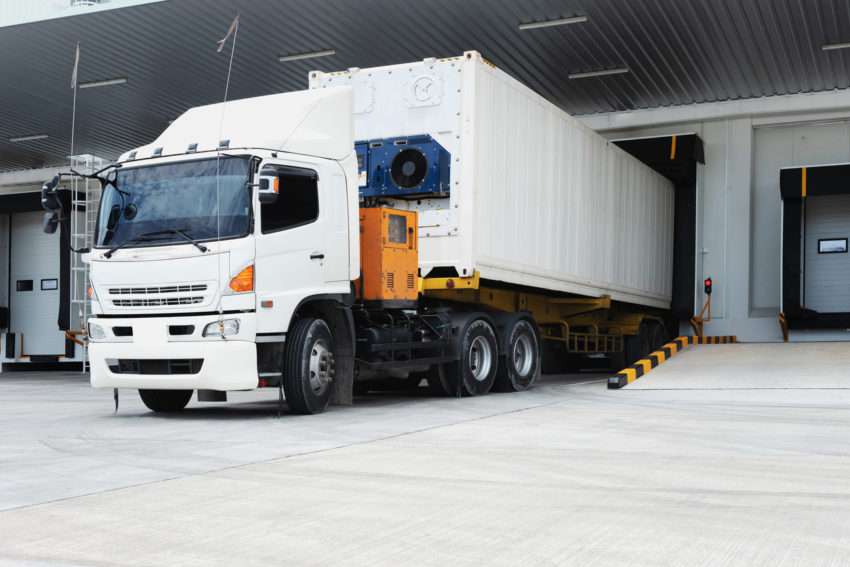
There are a few different types of insurance that are utilized by commercial trucks to protect against all sorts of things — including cargo. After all, carrying goods from one location to another, regardless of how far, increases the risk of financial woes should something go awry.
This article takes a closer look at cargo insurance and why it is so important for those in the commercial trucking industry.
What is Cargo Insurance?
The main purpose of cargo insurance is to protect your cargo.
Any time you load your trailer, you are taking on a responsibility. You have something that belongs to someone else and you are tasked with getting it from point A to point B.
What if there is an accident along the way and the cargo is damaged? What if the cargo is stolen? What if your tractor-trailer has a maintenance issue that causes your cold freight to go bad?
There are so many ‘what ifs’ that could happen when you are transporting goods. Should any of them become a reality, you will be held financially responsible for the damages that arise.
That is unless you have cargo insurance.
When you invest in insurance to protect your cargo, you will have legal and financial security should something happen. You will also prove yourself to be a trusted carrier for your clients.
Anything can happen at any moment. But, knowing that you have the insurance to mitigate the risks can offer peace of mind.
Variations come with each policy, but a few common coverages found in a cargo insurance policy include damage due to:
- Accident
- Theft
- Loading or unloading issues
- Natural disasters
The Value of Your Cargo Insurance
Your cargo insurance policy should directly relate to the value of your cargo, depending on the method used by your carrier. For some insurance companies, it may be the actual cost of the cargo, for others it is the declared value or a replacement cost.
You also have to consider the value of the cleanup should something happen. While all cargo can require quite a bit of effort when it comes to cleaning up the mess after an accident, those that are hazardous will require more steps and more careful attention. You will want to make sure you have the right amount of coverage for this so that you aren’t stuck with the financial responsibility.
The Cost of Cargo Insurance
The cost of cargo insurance should be accounted for in the regular course of business. Although there are some things you can cut corners on to reduce your expenses, this is definitely not one of them. One small mishap could have devastating consequences on your commercial trucking operation.
In an attempt to reduce your costs, you can understand what factors impact your insurance premium, such as what type of cargo you are carrying, its value, the route you will be traveling, your level of experience and driving record, etc. What’s more, opting for a higher deductible can often lead to reduced premium payments.
Working with an experienced team of insurance professionals is always a good way to ensure you have all the coverage you need without overspending.
Daniel & Henry provides comprehensive, value-added commercial truck insurance solutions designed for your trucking business while reducing your overall insurance costs.